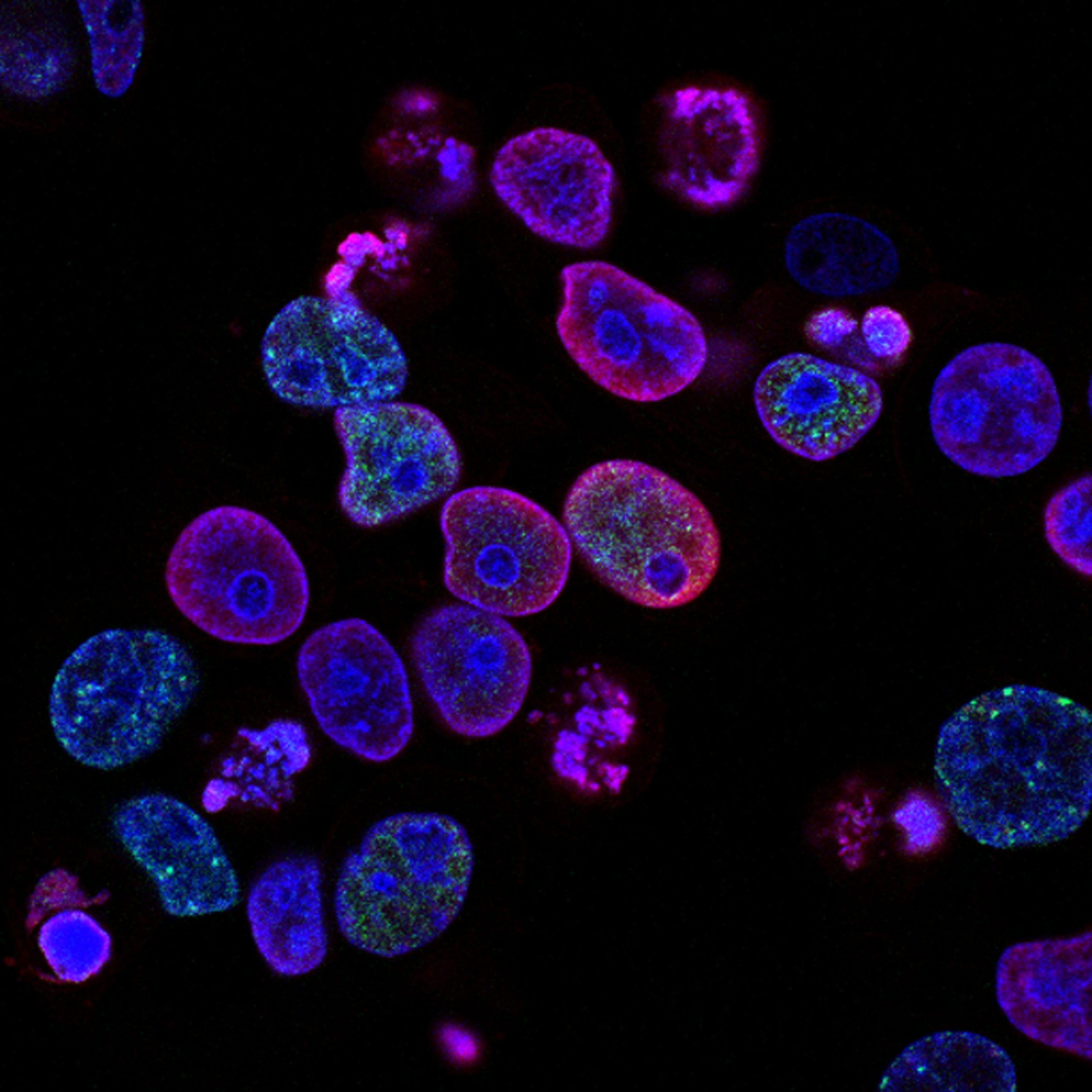How Genetics Influence Your Health
Genetics plays a significant role in determining our physical traits, including height, hair color, and eye color. But did you know that genetics also play a significant role in our health? The study of how genetics influence our health is known as medical genetics.
Medical genetics is concerned with understanding how genetic variations and mutations can lead to the development of diseases or increase the risk of developing certain conditions. For example, mutations in the BRCA1 and BRCA2 genes are associated with an increased risk of developing breast and ovarian cancer. Similarly, mutations in the CFTR gene are responsible for cystic fibrosis, a life-threatening genetic disorder.
Medical genetics also involves identifying genetic variations that may influence a patient’s response to certain medications. By understanding a patient’s genetic makeup, doctors can tailor treatment plans to be more effective and reduce the risk of adverse reactions.
Understanding the impact of genetics on health is crucial for disease prevention, early diagnosis, and personalized treatment plans.
How to Assess Your Genetic Health Risk
Genetic testing is a powerful tool that can help individuals understand their genetic health risks. By analyzing an individual’s DNA, genetic testing can identify variations or mutations that may increase the risk of developing certain conditions.
There are two main types of genetic tests: diagnostic tests and predictive tests. Diagnostic tests are used to confirm a diagnosis in individuals with symptoms of a genetic condition. Predictive tests, on the other hand, are used to identify genetic variations that increase the risk of developing a disease before any symptoms appear.
To assess your genetic health risk, it’s essential to work with a healthcare provider who specializes in medical genetics. Your provider can help determine if genetic testing is right for you and which type of test is most appropriate.
If you decide to undergo genetic testing, it’s crucial to understand the potential benefits and limitations of the test. For example, while genetic testing can provide valuable information about your health risk, it cannot predict with certainty whether you will develop a particular condition.
Genetic testing can be a valuable tool in understanding your genetic health risk. By working with a healthcare provider, you can make informed decisions about your health and develop a personalized prevention and treatment plan.
How Genetics and Lifestyle Choices Interact
While genetics play a significant role in determining our health, lifestyle choices also have a significant impact. Certain lifestyle choices, such as smoking, a sedentary lifestyle, and a poor diet, can increase the risk of developing certain conditions, such as heart disease, diabetes, and cancer.
The interaction between genetics and lifestyle choices is complex. For example, some individuals may have a genetic predisposition to obesity, making it more challenging to maintain a healthy weight. Similarly, some individuals may have a genetic variation that makes them more susceptible to the harmful effects of smoking.
Despite these challenges, lifestyle choices remain a critical factor in maintaining good health. By making healthy choices, such as eating a balanced diet, getting regular exercise, and avoiding harmful behaviors, individuals can reduce their risk of developing certain conditions, even if they have a genetic predisposition.
Understanding the interaction between genetics and lifestyle choices is crucial for maintaining good health. By making informed choices about diet, exercise, and other behaviors, individuals can take control of their health and reduce the risk of developing preventable conditions.


